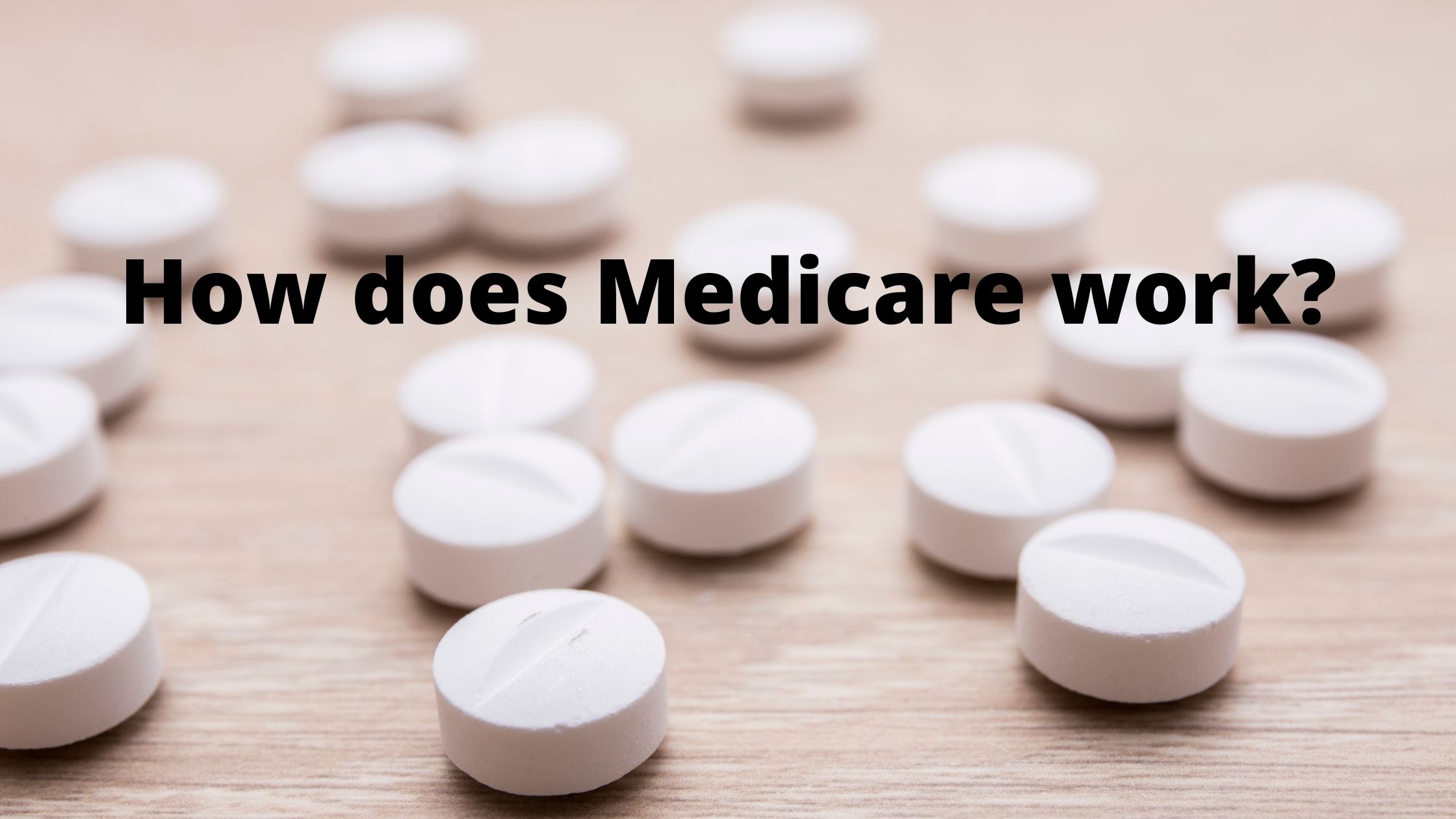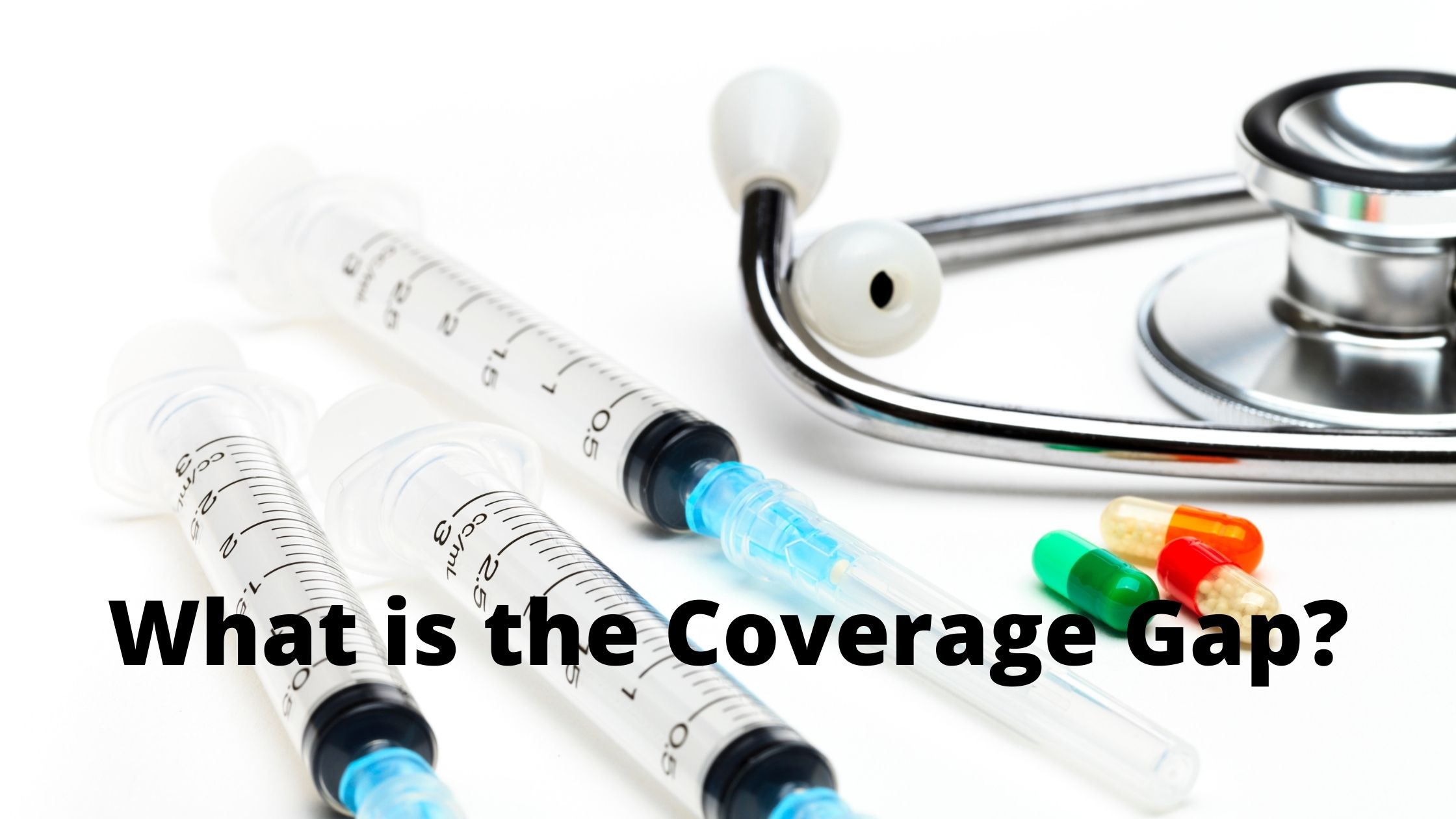Medicare is a government-run health insurance program that helps provide coverage for people aged 65 and over, people with disabilities, and some families with children. If you are eligible for Medicare, you may have to accept it if you want to stay on your private health insurance plan. Here is a brief guide to help you understand what acceptance means and what happens if you don’t accept Medicare.
How does Medicare Work?
Medicare is a federal program that provides health insurance to citizens aged 65 or older and persons with disabilities.
Medicare helps you pay for hospital, doctor, and other medical expenses.
The program is administered by the government through private health insurance companies.
You don’t have to accept Medicare if you don’t want to, but it’s a good idea to find out if it would fit your needs and coverage.
What is the Coverage Gap?
Medicare coverage is not available to everyone. Known as the coverage gap, this means that some people who are eligible for Medicare don’t have coverage because they haven’t reached the age of 65 or because they have other types of insurance. The coverage gap can be a problem if you need Medicare coverage because it means you may have to pay more than if you had private health insurance.
How to Save Money on Medicare?
Medicare is a government-run health insurance program for people aged 65 or older and for people with disabilities. If you are eligible, you may be able to receive Medicare benefits.
To qualify for Medicare, you must have been a U.S. citizen or national, have been a resident of the United States for at least five years, and have been a resident of the state in which you are applying for benefits for at least three months before applying.
Some things that can affect your eligibility for Medicare include whether you are covered by other health insurance, whether you have paid into the Medicare system throughout your life, and if you have qualified for Social Security benefits.
If you are age 65 or older, Social Security will pay most of the costs of your Medicare coverage. However, even if you do not receive Social Security benefits, you can still get Medicare if you meet the other eligibility requirements. You will have to pay Part B (hospital) fees and Part D (prescription drug) premiums on your own.
To find out if you are eligible for Medicare, visit the Centers for Medicare & Medicaid Services website or call 1-800-MEDICARE (1-800-633
Conclusion
Medicare is a great program and it can help many seniors afford health care. However, not all seniors are eligible for Medicare. If you are over the age of 65 and not covered by another type of insurance, you may be able to receive Medicare benefits. You should speak with your healthcare provider about your eligibility for Medicare so that you can make the best decision for yourself.


